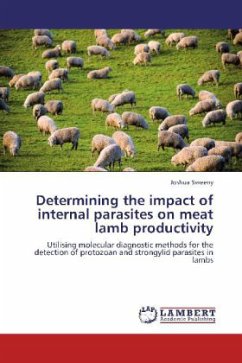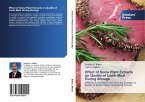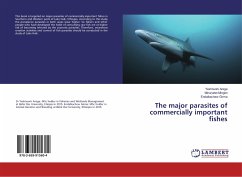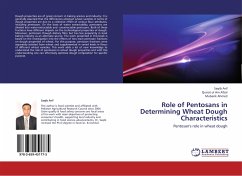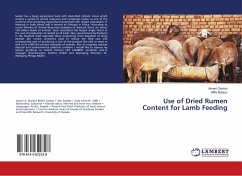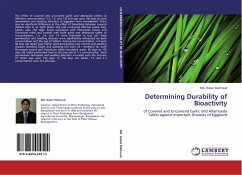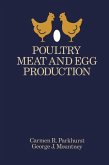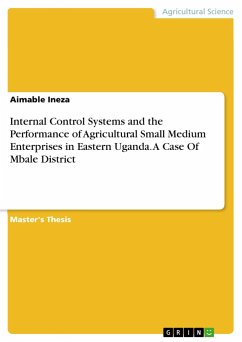The impact of internal parasites on lamb meat production is a very relevant industry topic, given the scarcity of published information within this area. This research presents a more refined description of the distribution and epidemiology of internal parasites (protozoa and strongylids) in southern WA, as well as the impact of those parasites on lamb meat production operations. Therefore, not only does this research add to the scientific body of knowledge, it also relates to the broader framework of Parasitology and its application with the Australian Sheep Industry. Innovative molecular diagnostic procedures were developed and used for the detection of internal parasites from individual lambs and their environment. Some of these techniques have never been previously attempted. The conclusions of this thesis have a significant economic impact on how the Australian Sheep Industry perceives parasite burdens in meat lamb operations. A critical finding was that lambs positive for protozoa, were found to have reduced carcase weights and this suggests that these protozoa are important pathogens, capable of limiting carcase production and consequently lamb enterprise profitability.
Bitte wählen Sie Ihr Anliegen aus.
Rechnungen
Retourenschein anfordern
Bestellstatus
Storno

